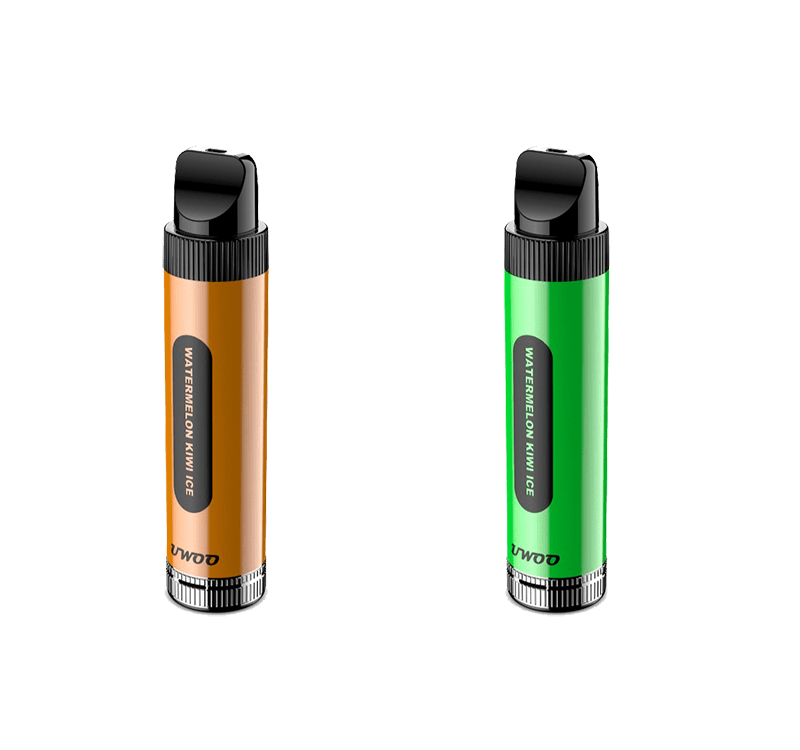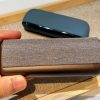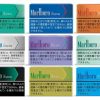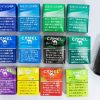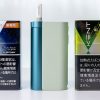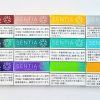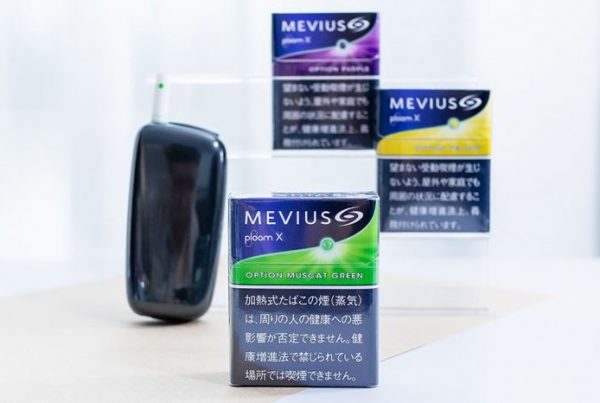Heat-not-burn (hereinafter referred to as “HNB”), as one of the representative products of new tobacco, has the characteristics of a taste similar to real smoke, high harm reduction, and low impact on the surrounding environment. It has become an important field of global research and development and development. In 2020, the global HNB market is about 20.8 billion U.S. dollars, with a market penetration rate of 2.4%. It is predicted that by 2025, the HNB market will reach 55.3 billion U.S. dollars, with a penetration rate of 5.1%.
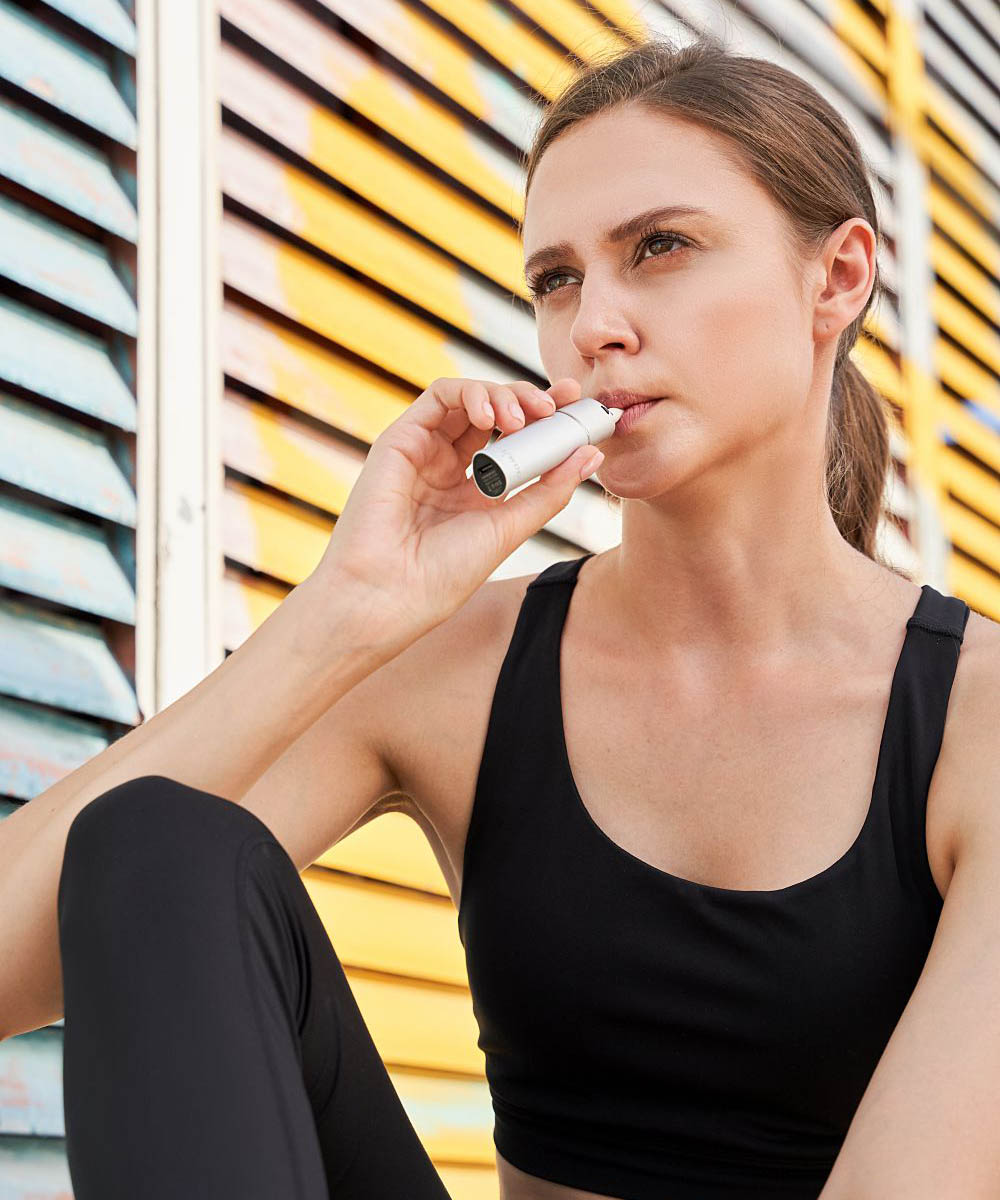
Facing the strong development momentum and promising future market, the health authorities of the United States, the United Kingdom, and South Korea issued corresponding views on such products.
U.S. Food and Drug Administration (FDA)
The U.S. Food and Drug Administration (hereinafter referred to as “FDA”) announced in 2017 a comprehensive plan for tobacco and nicotine products. Balance”. In July 2020, the agency approved the marketing authorization for modified risk products, and recognized the harm reduction effect of Philip Morris International’s IQOS system, which is a heated tobacco product and the first nicotine-containing electronic product to receive such marketing authorization. .
The FDA announced its recognition of harm reduction and acknowledged that the risk reduction is likely to be confirmed in future studies. According to the FDA press release: “The agency has determined that the company has demonstrated that because IQOS heats tobacco through a heating system instead of burning, it can significantly reduce the production of harmful and potentially harmful chemicals compared to cigarettes. In addition, studies have shown that it is completely free from combustion. The switch to the IQOS heating system for cigarettes can significantly reduce physical exposure to 15 specific harmful and potentially harmful chemicals
Public Health Service (PHE)
The Public Health Agency of England (hereinafter referred to as “PHE”) is the executive agency of the British Ministry of Health and Social Welfare. The fourth such review published in February 2018 included information on heated tobacco products for the first time, through research on Philip Morris International’s IQOS , British American Tobacco’s glo and Japan Tobacco’s Ploom TECH products, summarized key findings about heated tobacco products. PHE found that “compared to cigarette smoke, heated tobacco products may expose users and bystanders to lower levels of particulate matter and harmful and potentially harmful compounds. The reductions found in different studies vary.”

British Council of Toxicity (UKCOT)
The British Toxicity Council (hereinafter referred to as “UKCOT”) is an independent scientific committee that advises the Food Standards Agency, the Ministry of Health and other government departments and agencies on the toxicity of chemicals. UKCOT reviewed the existing evidence of Philip Morris International’s IQOS and British American Tobacco’s iFUSE two heated tobacco products, and the assessment concluded that heated tobacco products are still harmful to health, but their risks are lower than traditional cigarettes. The agency also stated that “traditional smokers’ decision to use heat-not-burn tobacco products instead of cigarettes can reduce the harm of smoking.”
Ministry of Food and Drug Safety (MFDS)
The Ministry of Food and Drug Safety of Korea (hereinafter referred to as “MFDS”) issued a statement on heat not burn tobacco products. The statement is based on measurements performed by its own laboratory on three HNB products including IQOS. The 9 harmful and potentially harmful ingredients (HPHCs) specified by the World Health Organization, as well as nicotine and “tar”.
MFDS is an experimental result that confirms that compared with cigarettes, HPHCs in HNB products are significantly reduced, and the measured carcinogen content is more than 10 times lower than that in cigarette smoke. Compared with the five best-selling cigarette brands in South Korea, the content of HNB products has been reduced by more than 95% (benzopyrene) and more than 99% (benzene), two carcinogens. Taking into account the 9 types of HPHC measured, HNB products have an average reduction of more than 90% compared to Korean cigarettes (the 5 best-selling brands).


